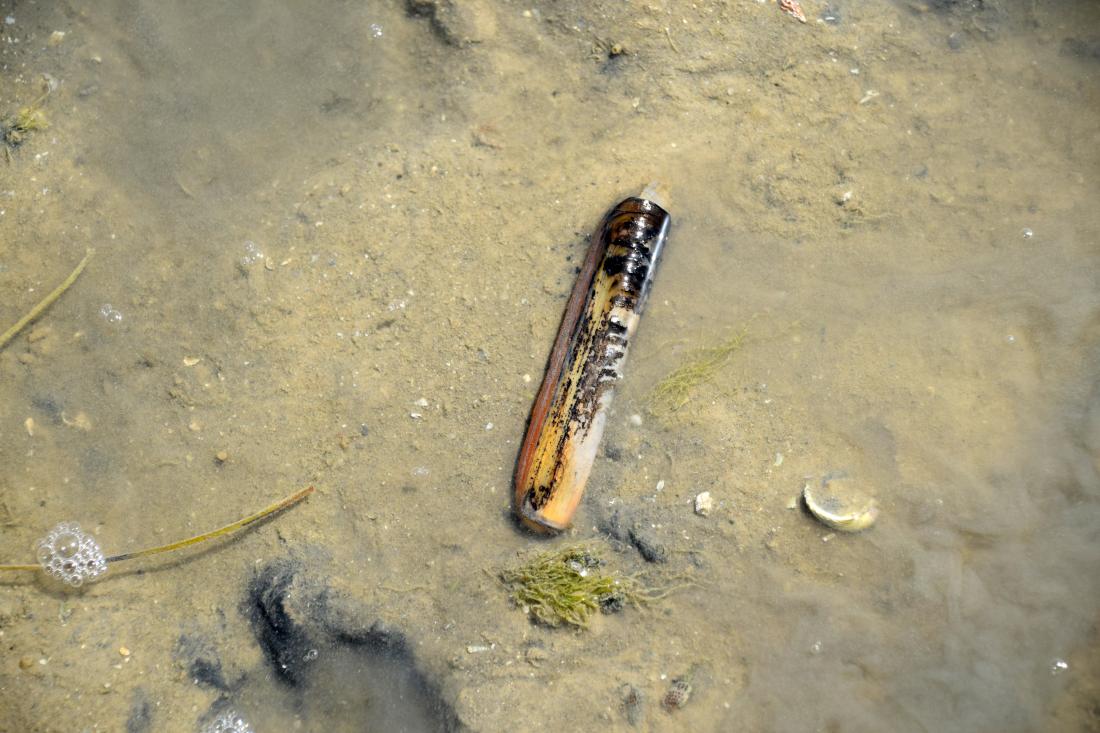In the Tunisian Kneiss Islands ENSERES supports the “KAIFA” project. Knowledge and awareness will keep together tradition and gender rights in a sustainable approach to fishing

Traditional clams foot-fishing has always represented an important resource for the economy of many families of the Kneiss Islands Specially Protected Area of Mediterranean Importance in Tunisia.
Women, who have always made up the majority of the workforce, have been able thanks to it to carve out a role within the domestic economy. A path to emancipation that was abruptly interrupted last year by the biological shutdown imposed by local authorities, alarmed by the drastic reduction in stocks.
In response to the blockade, the women turned their attention to another species, the Solen marginatus, known locally as the "knife". However, the fishing activity is not subject to any type of control, and the harvest presents the same risks as that of clams. In addition, lack of knowledge of the product makes women subject to the intermediary traders who end up exploiting their hard work.
For these reasons, one of the subgrants guaranteed by SPA/RAC in Tunisia within the ENSERES project has been attributed to the AFDIL association, which was able to offer with the "FAIKA" project a convincing response to the interruption of the important and ancient tradition. Starting from a stock analysis conducted with the Association for the Continuity of Generations - ACG, which found an important presence of Solen marginatus on the stretch of coast of Khawela and the island of Bassila, AFDIL will contribute to build together with local fisherwomen a sustainable fishing model.
“The FAIKA project has as its main purpose that of socially and economically supporting the fragile subjects involved in fishing. We want to direct the collection activities towards new species, but always keeping in mind the balance of the marine ecosystem", explains Salma Mhiri, manager of AFDIL.
AFDIL, the “Women's Association for the Development of Islands and the Coast”, has been working since 2014 to support the change in the condition of women who live in the rural areas of the Gulf of Gabes. Its activities have always been dedicated to improving their economic and cultural conditions.
"We have always implemented our projects according to sustainability principles, seeking a balance between the socio-cultural context, the economic needs and those of the environment, a continuity between past and future," adds Salma Mhiri., who concludes: "The interruption of traditional clam fishing for two years can be an opportunity to create a new fishery sector that protects the stocks of our precious marine-coastal area and removes the female workforce from some old exploitation practices. We want to defend the voice of women, and convince local administrations to protect traditional foot-fishing within a framework of sustainability”.









